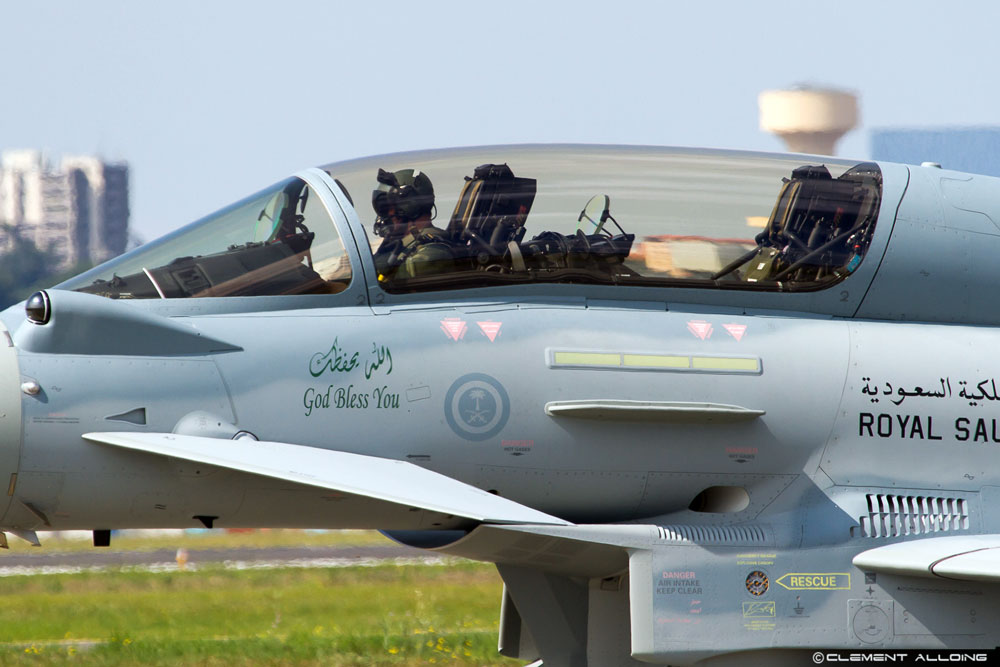-
New report from CAAT exposes the real extent of UK arms sales to Saudi Arabia.
-
Majority of sales have taken place using the opaque Open Licence system that obscures true value.
-
CAAT estimates that Open Licences account for the majority of the UK arms trade.
The UK has sold over £20 billion worth of military equipment and services to Saudi Arabia since 2015, according to a new report by Campaign Against Arms Trade (CAAT). This is almost three times higher than the £6.7 billion worth of arms sales published by the Department of International Trade in the same time period.
The report, Open? The UK’s secret arms sales focuses on the use of Open Licences in the UK arms trade. Unlike Standard Individual Export Licences (SIELs), on which figures quoted for the value of export licences are usually based, Open Licences allow an unlimited quantity of arms to be exported over a pre-set period, or even indefinitely, without the total volume of exports or value of sales having to be reported. Many of the bombs and missiles exported to Saudi Arabia since 2015, and most of the ongoing components and services for fighter aircraft, were sold using these licences.
CAAT researchers have analysed annual reports from the UK’s biggest arms company BAE Systems, which show that since 2015 it alone has sold £17.5 billion worth of equipment and services to the Saudi Arabian military. When added to the published value of bombs and missiles licenced using standard individual export licences, the estimated total value of arms sales since the beginning of the war in Yemen on 26 March 2015 is £20.6 billion.
Open Licences are not just used when selling arms to Saudi Arabia. Annual figures are published by the UK government’s arms export promotion unit, UK Defence and Security Exports, for the value of contracts for global arms and military services signed by UK companies with foreign governments.
The most recent report, covering 2010-2019 puts the value of contracts at £85.9 billion, which is far higher than the £42.4 billion worth of arms licences published by the government in the same time period. This means that over half of the total UK arms trade is done via Open Licences.
Katie Fallon of Campaign Against Arms Trade said: “The use of Open Licences covers up the real extent of the UK arms trade and makes it impossible to know what quantities of weapons are being sold around the world.
UK-made fighter jets, bombs and missiles have had a devastating impact in the ongoing bombardment of Yemen. The fact that the real total of these sales could be so much higher than previously reported emphasises the central role that the UK government and UK-based companies have played in the war. There must be full transparency about what arms have gone over and in what quantity.
So much of the arms industry takes place in secret, and that’s how the arms dealers like it. As long as the widespread use of Open Licences continues, the true nature and volume of the UK arms trade will remain hidden from scrutiny, and therefore from meaningful control.”

